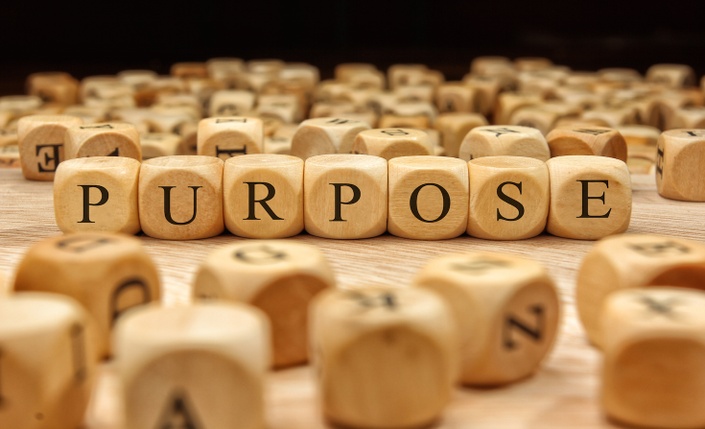
Critical Thinking Skills
We live in a knowledge-based society, and the more critically we think, the better our knowledge will be. Critical thinking provides the skills to analyze and evaluate information so we are able to obtain the greatest amount of knowledge from it. It provides the best chance of making the correct decision, and minimizes damages if a mistake does occur.
Critical Thinking
will help you be a more rational and disciplined thinker. It will reduce your prejudice and bias, and will provide you with a better understanding of your environment. This workshop will provide you with the skills to evaluate, identify, and distinguish between relevant and irrelevant information. It will lead you to be more productive in your career, and provide you with a great skill to use in your everyday life.

The Skill Needed for Critical Thinking
The skills that we need in order to be able to think critically are varied and include observation, analysis, interpretation, reflection, evaluation, inference, explanation, problem-solving, and decision making.

The Critical Thinking Process
You should be aware that none of us think critically all the time. Sometimes we think in almost any way but critically, for example when our self-control is affected by anger, grief, or joy or when we are feeling just plain ‘bloody-minded. On the other hand, the good news is that, since our critical thinking ability varies according to our current mindset, most of the time we can learn to improve our critical thinking ability by developing certain routine activities and applying them to all problems that present themselves. Once you understand critical thinking theory, improving your critical thinking skills takes persistence and practice.

Aiming to Achieve
One of the most important aspects of critical thinking is to decide what you are aiming to achieve and then make a decision based on a range of possibilities. Once you have clarified that aim for yourself you should use it as the starting point in all future situations requiring thought and, possibly, further decision making. Where needed, make your workmates, family, or those around you aware of your intention to pursue this goal. You must then discipline yourself to keep on track until changing circumstances mean you have to revisit the start of the decision-making process.
Critical and Creative Thinking
Applying critical thinking does not mean being negative or focusing on faults. It means being able to clarify your thinking so that you can break down a problem or a piece of information, interpret it and use that interpretation to arrive at an informed decision or judgement.

Critical Thinking Curriculum
- Pre-Test to Critical Thinking (8:27)
- Module 01 Components of Critical Thinking (6:43)
- Module 02 Non-Linear Thinking (5:36)
- Module 03 Logical Thinking (6:55)
- Module 04 Critical Thinking (I) (6:13)
- Module 05 Critical Thinking (II) (6:28)
- Module 06 Evaluate the Information (6:26)
- Module 07 Benefits of Critical Thinking (7:05)
- Module 08 Changing Your Perspective (6:26)
- Module 09 Problem Solving (7:53)
- Module 10 Putting It All Together (6:44)
- Course Survey
Featured Products
Other available courses products EHAS have on showcase.





